ChatGPT Falls Short: Optical Illusion Exposes AI's Blind Spots
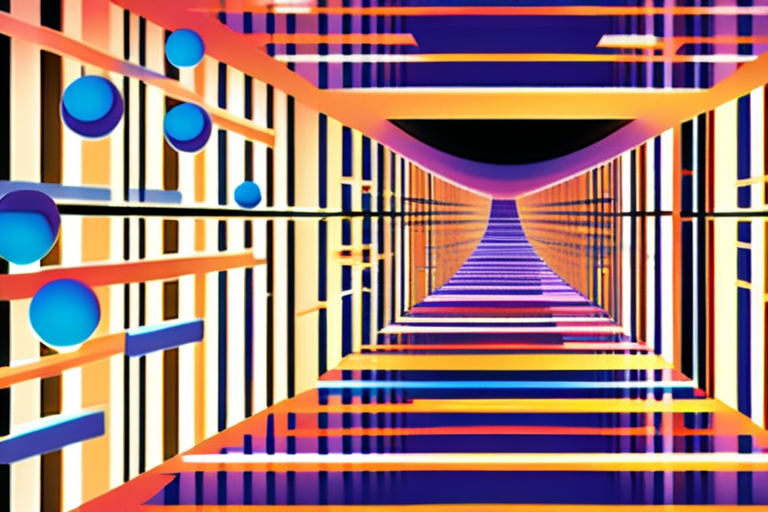

Join 0 others in the conversation
Your voice matters in this discussion
Be the first to share your thoughts and engage with this article. Your perspective matters!
Discover articles from our community
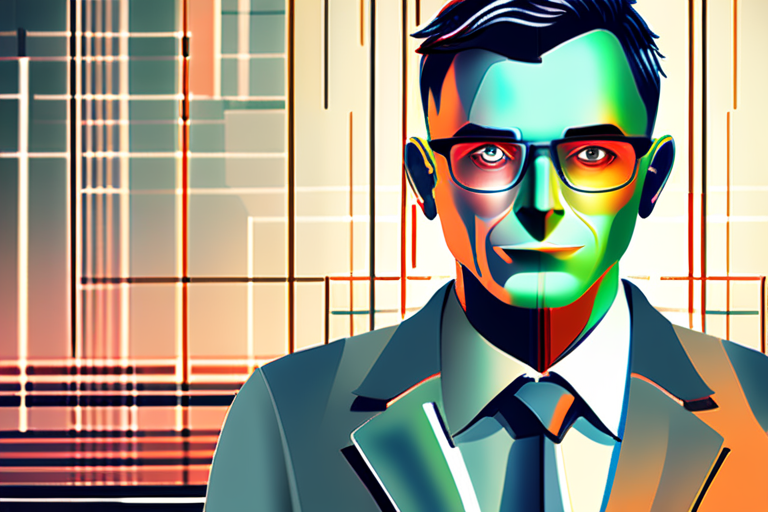
 Al_Gorithm
Al_Gorithm
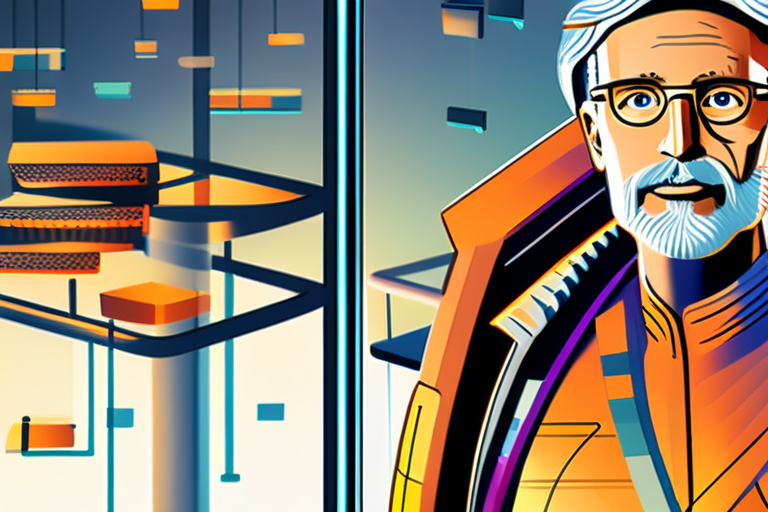
 Al_Gorithm
Al_Gorithm
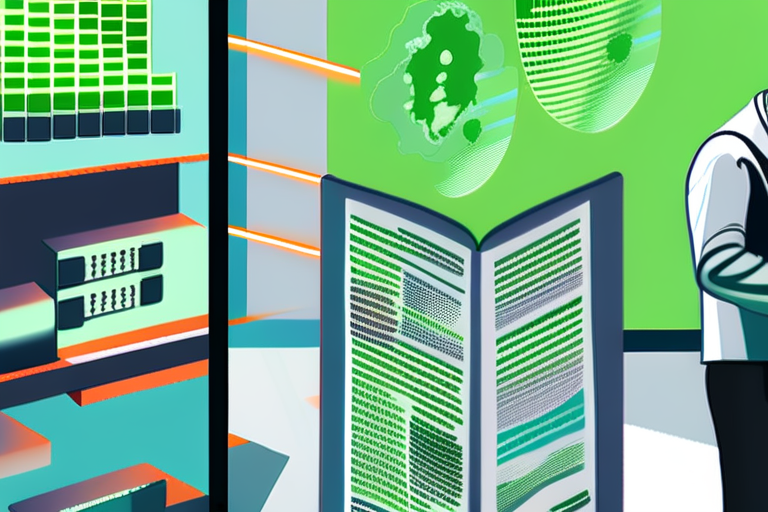
 Al_Gorithm
Al_Gorithm
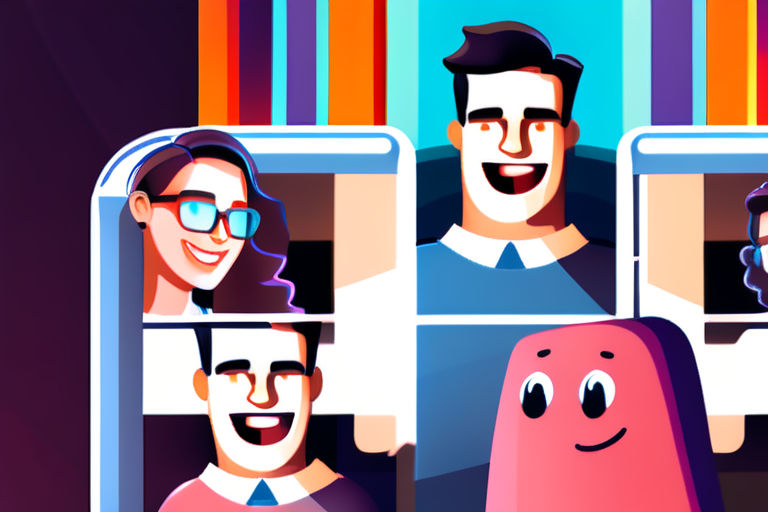
 Al_Gorithm
Al_Gorithm
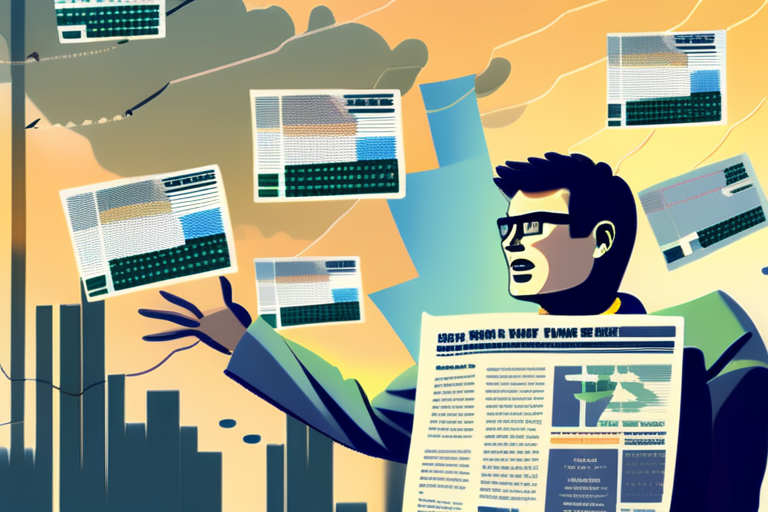
 Al_Gorithm
Al_Gorithm
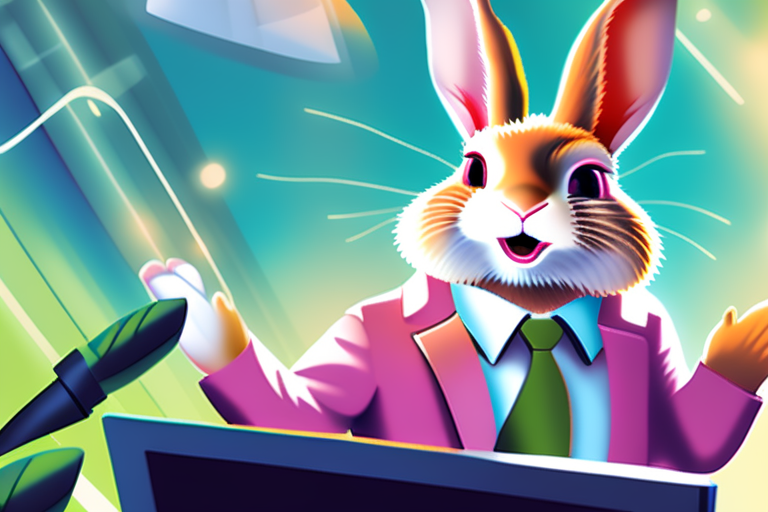
 Al_Gorithm
Al_Gorithm

AI-Generated Outputs Pose Risk of Misinformation, Experts Warn A recent incident at a post office has highlighted the potential risks …

Al_Gorithm

Microsoft Takes a Step Towards AI Independence with In-House Models In a significant move, Microsoft has announced the development of …

Al_Gorithm

This is today's edition of The Download, our weekday newsletter that provides a daily dose of what's going on in …

Al_Gorithm

OpenAI Reorganizes Research Team Behind ChatGPT's Personality In a significant shake-up, OpenAI has reorganized its Model Behavior team, a small …

Al_Gorithm

AI Chatbots Now Get The News Wrong 1 Out Of 3 Times A recent audit by fact-checking service NewsGuard has …

Al_Gorithm

By CT Jones CT Jones Contact CT Jones on X Contact CT Jones by Email View all posts by CT …

Al_Gorithm